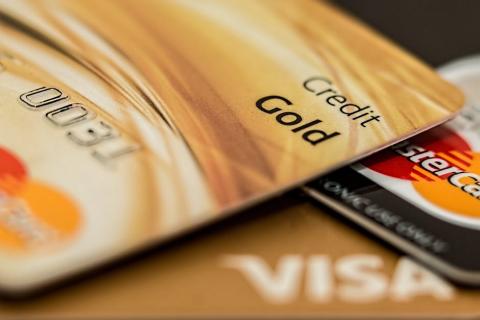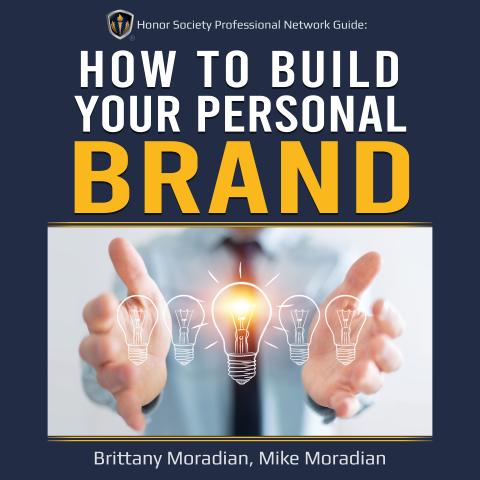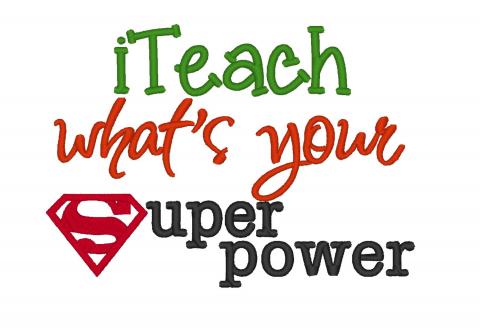College Student Debt and Credit Card Usage: What You Need to Know
Aug 23,2023
Credit card debt is one of the biggest issues that Americans have. The average credit card debt for an American that is under 35 years old is $3,660.
If you are about to be a college freshman, this could be your introduction to credit cards. Unfortunately, a lot of college students are naive about how credit cards truly work and get themselves into debt at a young age.
However, it does not have to be this way. College students who use credit cards the right way and who are aware of the risks can make this system work to their advantage.
This guide will reveal how credit card debt truly works and what you can do to avoid getting yourself into that mess during your college experience.
Treat It Like a Loan
The first thing that college students need to know about credit cards is that the money they spend on it is not free. Every dollar that you spend on that credit card has to be paid back by the end of the monthly cycle. If you fail to do this, you will likely get hit with heavy interest rates.
How credit cards work is that you have a certain limit for the amount of money that you can put on that credit card at one time. This is what is called the balance. It is essentially the money that you have to pay back to the credit card company.
Students can quickly fall into this trap because they may forget that they have to pay the money that they put on that card back by the end of the month. Or, they may lose track of what they are spending on that credit card.
Let's say that students have a credit line limit of $5,000. Then, they decide to spend $2,000 in one month on the credit card. This means that they only have $3,000 to spend on that credit card at most until it stops working and they have to find a way to pay back that $2,000 before interest rates hit.
Some people make the mistake of putting everything on a credit card and do not think about the interest rates that can be applied if you miss a payment. This is what can put young students in a hole.
Interest Rates
Interest rates are one of the biggest reasons why people have credit card debt for a long time. The rates on credit cards can be brutal compared to what you may get on other types of loans.
This is especially the case for people who are just starting to use a credit card. For new users, the average interest rate on credit cards is 22.59%.
What this means is that if you fail to pay off your balance by the time your next payment is due, the entire remaining balance will be hit with that high interest rate, and it will increase your debt.
For simplicity, let's say that your credit card comes with a 20% interest rate if you miss a payment. You put $1,000 on the credit card in one month and you realize you do not have the money to pay it all back by the time the next payment is due.
What will happen here is that once you miss that payment, an additional $200 will be added to this balance.
Other factors go into this, but the main takeaway here is that you do not want to let your credit card debt get hit with interest. Once this happens, it is the equivalent of lighting money on fire.
Minimum Monthly Payments
One of the factors that come into play when your next payment is due is the minimum monthly payment. How this works is along with the balance that you owe your credit card company, that same company will give you an option that presents the minimum payment due.
This essentially means that you have to pay that amount of money to avoid other fees such as late fees. These fees kick in when you fail to even reach the minimum monthly payment and are in addition to any interest charges you get hit with.
What you need to understand is that minimum monthly payments are one of the biggest traps for young people when it comes to credit card debt. The reason is that inexperienced credit card users may see the minimum payment as the only thing they absolutely have to pay by the due date.
While this is true, you should never leave a balance exposed to interest. Minimum monthly payments are designed to maximize interest because it is often a very small percentage of your total balance.
If you have a $1,000 balance, the minimum monthly payment here can be as little as $25.
The math does not make sense to ever pay this off at that rate right? Well, this system is designed for it to take years to pay off your balance with minimum monthly payments. The worst part is all of that time, you are accruing interest on the said balance.
Avoid minimum monthly payments at all costs and pay your balance in full.
Late Fees
Another thing you need to keep in mind is late fees. As mentioned above, this happens when you fail to even pay the minimum monthly payment.
This fee will typically be a flat rate that is likely to be under $50. However, it is a separate fee from the interest accrued on your balance if you miss your payment. In other words, it could be more money that you are lighting on fire and not even getting to use on something that you enjoy.
Not only is this the case but it is something that can hurt your credit score. That is because part of what determines your credit score is paying your debts on time. As a result, if you continue to miss payments and let your debt linger, you will have a lower credit score.
Credit Score
One of the most important things you have to remember with credit cards is what they can do for your credit score. The amazing thing is that these can greatly help you and greatly harm you, depending on how you use them.
College students may not even think of this when they first get credit cards because the impact of this does not come into play until further down the road. Credit scores can be used to determine things such as the interest rate you get on a personal loan, what type of auto loan you can get, if you qualify as a good tenant for an apartment, and even if you can buy a house someday.
Because of all of this, college students need to understand how important it is to avoid debt while also knowing all of the factors that go into determining a credit score.
Payment history and amounts owed make up a combined 65% of your credit score. This means paying your bills on time and keeping your current debt as low as possible. Just doing these two things alone could get you a high credit score at a young age.
The other three factors that make up the rest of this percentage are the length of your credit history, the types of debt you have, and how often you open up new credit.
Right now, the only thing you can do about your history is to continue avoiding debt and paying everything off on time. For the rest, make sure you manage things such as student loans and auto loans carefully, along with your credit cards.
Starting Young
For those of you that are not in college yet, you do have options to start building a good credit score at a young age. If you are under 18, the main option that you have for this is for your parents to make you an authorized user.
Some credit card companies may charge your parents a fee to do this while others will allow it for no additional charge. Your family will have to do some research on the credit card company's specific policy.
The main benefit is that some credit card companies allow kids to be authorized users as young as 13 years old. That means that you can potentially build credit for five years before you go to college.
If you successfully do this, that means potentially getting a lower interest rate for your credit card and having a higher credit limit when the time comes. When used responsibly, these can be assets and allow you to do more with your money.
However, there are a couple of caveats that you need to keep in mind.
For starters, parents should only do this for their kids if they have good credit history themselves. That means making sure that their finances are in order and that they will continue to pay off the credit on time.
The other aspect is using it responsibly on your own once this credit score gets built up. If you are finally unrestricted and away from your parents with your credit card use, it could get tempting to spend more money. Unfortunately, you could cause a lot more damage this way if you use it recklessly.
The bottom line is that if you are going to pursue this option, you and your family need to tread carefully.
Secured Credit Cards
Are you someone who is worried that they will spend too much money if you have the option to do so? There is one way that you can get around this.
If you want a card that offers the best of both worlds, a secured credit card may be the way to go. The reason for this is it can have credit limits similar to a debit card while offering you the opportunity to put things on credit and build your credit score.
How this works is that credit card companies will ask you for an initial deposit. Whatever amount of money you give them as a deposit will act as your credit line.
So, if you give a credit card company $5,000 as a deposit, that is what they will allow you to spend on the credit card. They will typically give you an opportunity to show that you are a reliable user.
After about six months to a year of reliable payments, they will give you your deposit back and offer you a credit line increase. When that happens, you will have graduated to a full-fledged credit card.
This can be a great way for young college students to transition from debit cards to credit cards. The former only lets you spend the money that you have in your bank account.
While secured credit cards are slightly different, it does teach you that you have to give something to get something. Plus, credit card companies like this are for unknown users because if you fail to pay your balance before you close the account, they will keep your deposit as payment for this.
Emergencies Only
A good rule of thumb for inexperienced credit card users may be to limit uses to emergencies only. This could be when you lack physical cash or if a debit card is not working for some reason.
Some adults set aside an emergency credit card for this exact reason. It can help you avoid the possibility of forgetting about a balance and it can help you become more disciplined when it comes to credit card usage.
Just make sure you define what constitutes an emergency if you are going to go down this road.
Avoid Credit Card Debt
This is everything that you need to know about credit card debt and how to avoid it during your college experience. You may consider using this for emergencies only or even taking a secured credit card instead of a regular one.
Make sure you treat a credit card like a loan that you have to pay back in full at the end of the month. Doing this avoids high interest charges and late fees.
Do you want more relevant content like this? Join us here for that and more.





